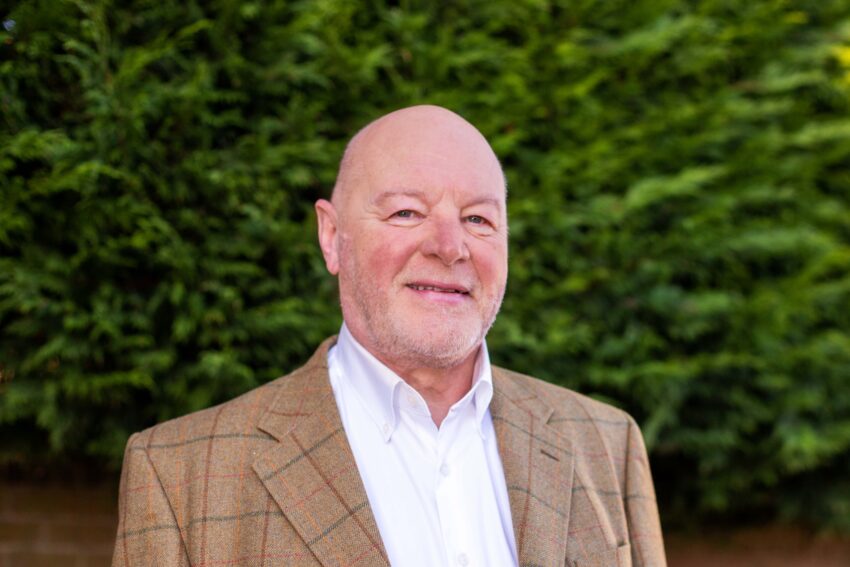Ian Kinnery, founder of coaching firm Kinnery, tells Business Matters about the inspiration behind his business and how he uses his own business experiences, including dealing with mental health problems, to help entrepreneurs.
What do you currently do at Kinnery?
My mission is to help people grow so that they can handle life as a business owner better and more successfully and with ease, without compromising important values. I have been working with leadership teams across a variety of sectors since 2005 and have over three decades of experience starting and scaling businesses.
While every business owner’s journey is a story, with them as the hero, I see my job as making sure it has a happy ending. I’ve been there, done that and have the battle scars to prove it, meaning I come from a place of honesty, empathy and experience.
What was the inspiration behind your business?
My father. Although he passed away when I was just 14, trying to follow in his footsteps nearly cost me everything – including my own life. Now I’ve learned from his mistakes, and mine too, I’m passionate about ensuring other business owners avoid the pitfalls that too often accompany success.
I am and always was unbelievably ambitious, but, while I knew how to manage a business, I had never learned how to manage myself. In the 1990s, while business was booming, I was not.
The stress of battling and pushing and striving since 14 led to severe mental health problems. I was obsessed with work and couldn’t let go, thinking I had to – and could – do everything myself. It came to the point where I could only see one way out.
My success came at the cost of my health, my house, my marriage, my self-esteem – and nearly my life. I don’t want anyone else to end up in the situation I’ve been in, which is what led me to coaching.
Who do you admire?
In part, there are many people I admire, however, there are very few in entirety. When I think about what they all have in common, they are the people that can ride the paradoxes that often come with life and successes. Kevin Sinfield and Martin Johnson have demonstrated both toughness and compassion throughout their careers, which I find admirable.
Similarly, Bill Scott, Alastair Waite and Irene Hays are successful and thoroughly nice people, who have achieved great things while maintaining their humility and kindness. Moreover, I admire parents like Charlotte Nichols, Sam Spoors and Mo Brown who have successfully grown businesses while raising a family.
Their ability to balance professional success and personal commitments is truly commendable. As I reflect on these individuals, the words of the poem ‘If’ by Rudyard Kipling come to mind: “If you can meet with Triumph and Disaster and treat those two impostors just the same.” These individuals embody the essence of these lines, demonstrating their ability to navigate life’s ups and downs with grace and resilience.
Looking back, is there anything you would have done differently?
While I have experienced testing situations, including mental health problems, there is nothing I would do differently in my life. After all, without going through those experiences, I wouldn’t be where I am today, helping entrepreneurs lead their businesses to growth and success. I’m proof that you can overcome stressful times and come out the other side.
What defines your way of doing business?
As a business coach, honesty is at the core of my way of doing business. Honesty serves as the foundation for building trust and fostering a genuine and meaningful coaching relationship. I prioritise open and transparent communication with my clients. I believe in providing honest feedback, even if it may be difficult to hear at times. I strive to create a safe and supportive environment where my clients can explore their strengths, weaknesses and areas for improvement without judgment.
What advice would you give to someone starting out?
Get a coach. Having someone in your corner to build your leadership skills and develop your business is, I believe, so valuable – it’s something I wished I had when I first started in business many years ago. Also, listen to your body and your mind, and don’t exhaust yourself. Being a successful business leader shouldn’t come at a cost to your personal life. It is possible to run a thriving company and have a personal life with family and friends.


